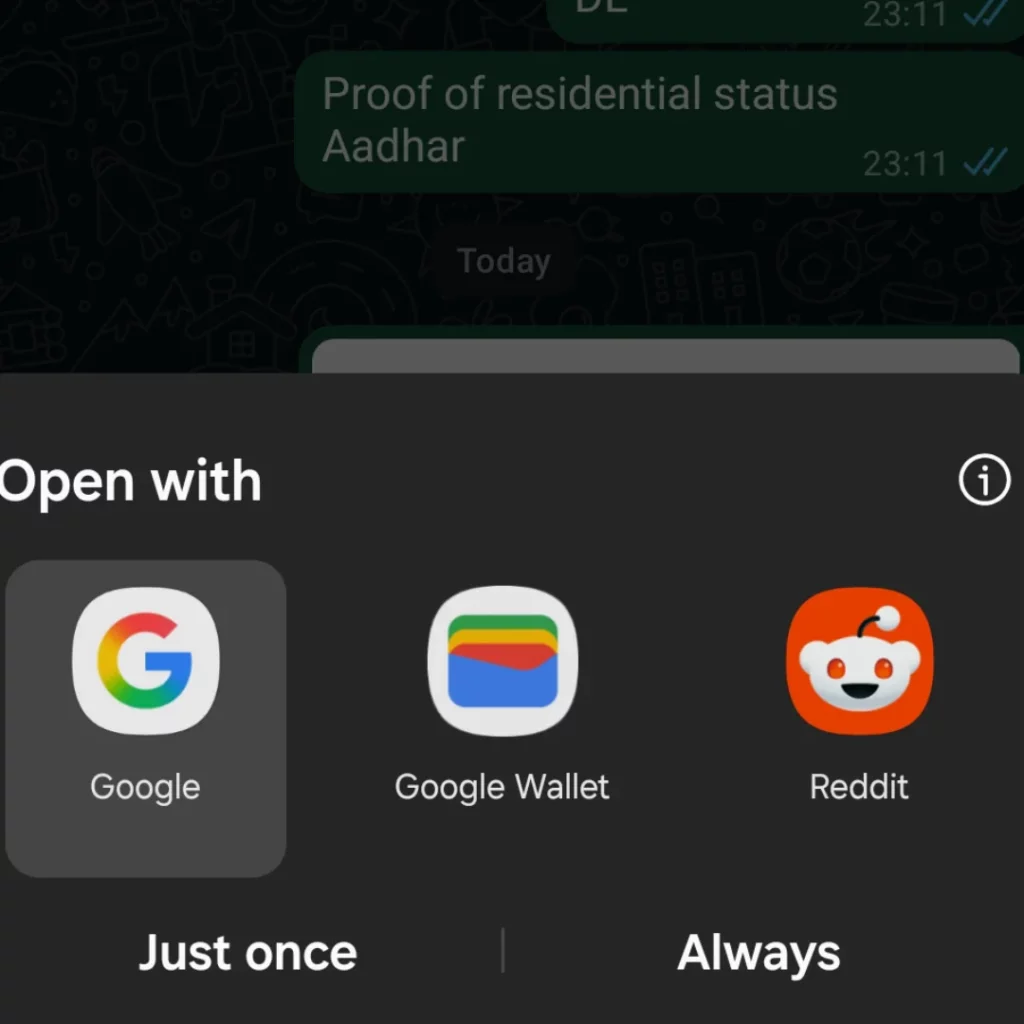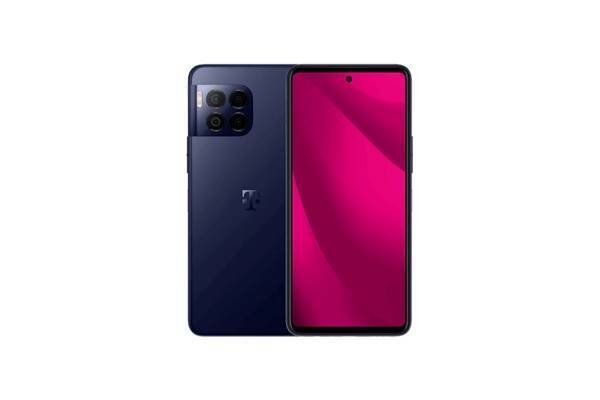For years, I switched between different apps to manage my digital life. I had one for managing my files (OneDrive), another for writing documents (Word), and a completely different one for my calendar (Gmail). My passwords lived in a separate tool, my VPN was a standalone service, and I managed my email through a third party. While each app was good at what it did, the constant juggling created an inefficient workflow.
I wanted a single, secure system that could handle it all. That’s what led me to Proton. I signed up for the Proton Unlimited plan and decided to go all in. I replaced my entire digital toolbox with their suite of services. This is the story of how that experiment went.
Switching to the Proton ecosystem has been seamless
Move your emails, contacts, calendars, and passwords in no time
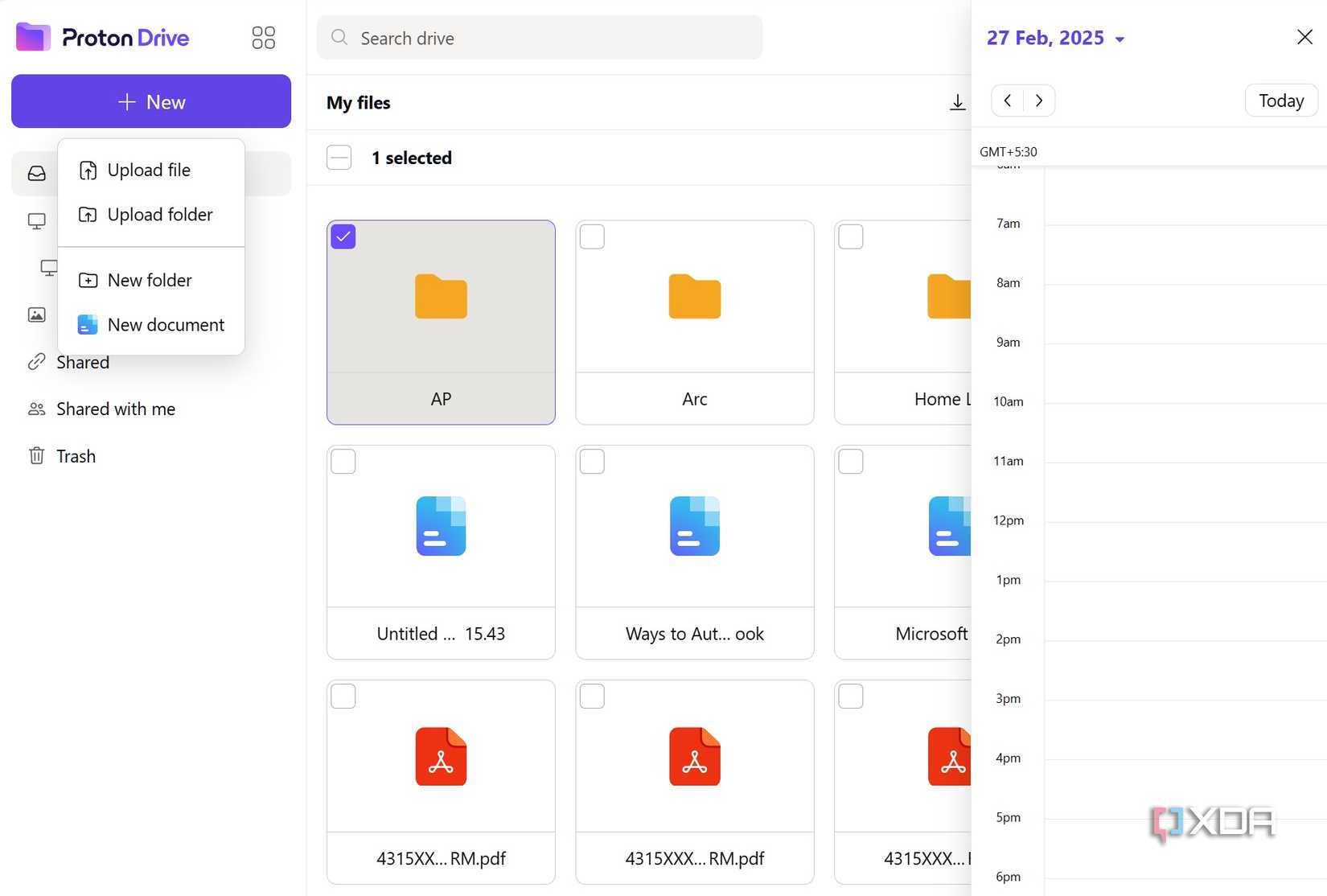
Switching to the Proton ecosystem was a smooth process, thanks to their dedicated import tools. The transition from my old Gmail account felt almost effortless. With just a few clicks, I was able to initiate a transfer of all my emails, contacts, and calendar events directly into my new Proton account.
I no longer needed to spend hours manually exporting and importing data. The convenience didn’t stop there. The company offers native apps on the major desktop and mobile platforms. I had no trouble downloading and installing the apps on my Windows desktop and MacBook Pro.
The experience was consistent on both platforms, and I appreciated not having to rely on a web browser for every task.
Proton apps are far from basic
They even support AI
One of the most pleasant surprises of my month-long experiment was discovering just how far from ‘basic’ the Proton suite of apps truly is. My initial assumption was that a privacy-focused company might prioritize security at the expense of advanced features, but I was wrong.
Proton Mail, for example, is far more than just an encrypted inbox. Its built-in AI assistant is a powerful tool for drafting emails on the go. What’s even more impressive is the ability to download the AI model and run it offline. It is quite handy for someone who values both efficiency and privacy.
The advanced functionality continues with Proton Pass. Aside from being a robust password manager, it lets me create ‘hide-my-email’ aliases with a single click only.
This lets me sign up for newsletters or online services with a unique, randomly generated email address, which forwards to my main inbox. If a service ever gets breached or sells my information, I can deactivate that specific alias, cut off the spam, and protect my real email address from harm.
I also found Proton VPN to be powerful. They have hundreds of servers located all over the world. I can always find a fast, reliable connection, no matter where I am.
And just like Dropbox and OneDrive, I can generate a link from my Proton Drive account and share it with password protection and an expiry date. These are the kind of advanced, thoughtful features that cater to power users.
Security and privacy to the core
The major selling point of Proton apps
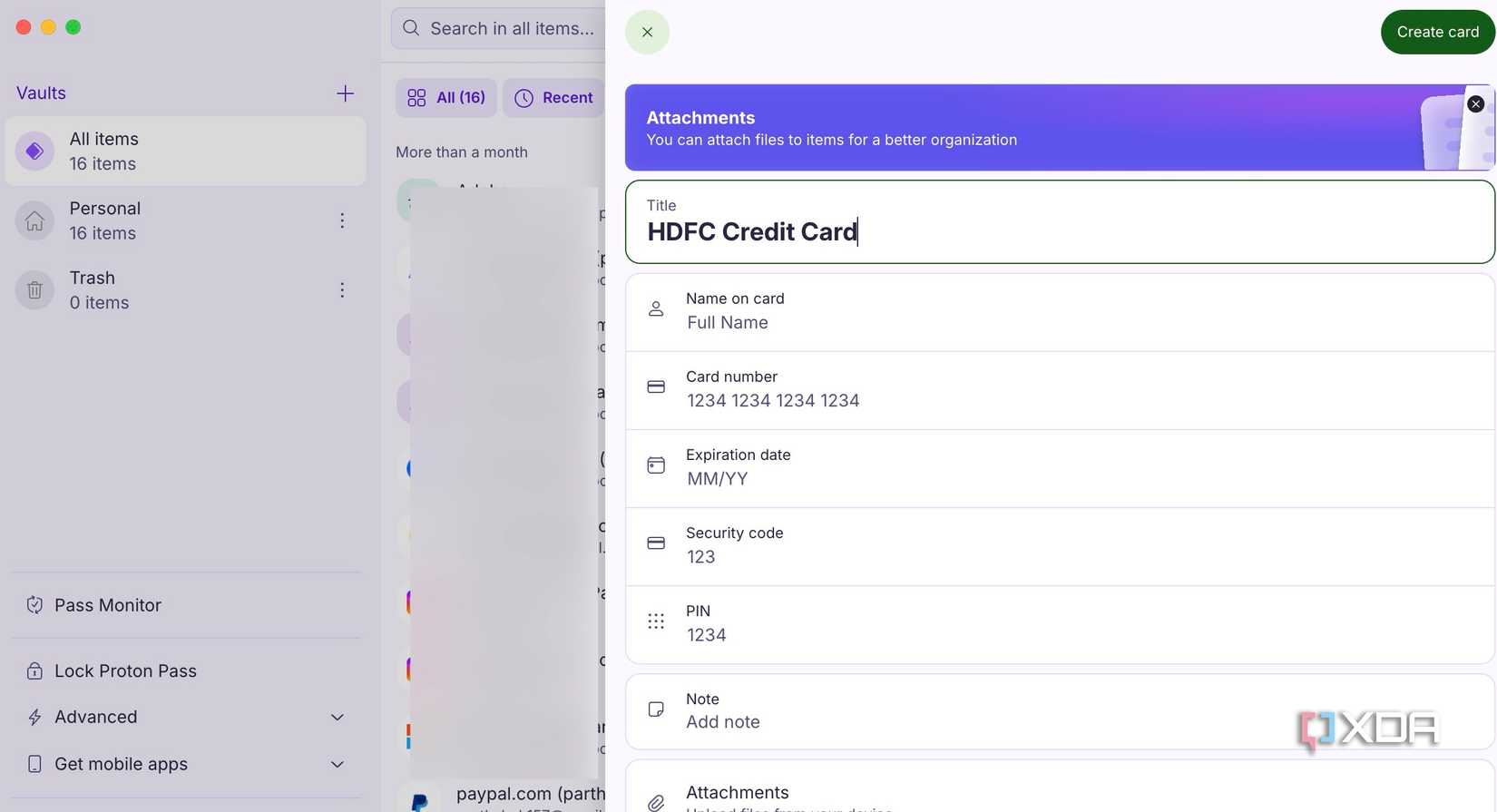
User security and privacy drew me to Proton’s unified ecosystem in the first place. The most significant feature, and the one that provides the ultimate peace of mind, is end-to-end encryption. Every email, document, file, calendar event, and password I manage is encrypted.
Even if the Proton servers were somehow compromised, my data would remain completely unreadable. Besides, all of Proton’s applications – from Mail to Drive to VPN – are open-source.
Anyone in the security community can inspect their code, check for vulnerabilities, and confirm that their apps are doing exactly what they claim to be doing.
The Proton ecosystem is far from perfect
Lacks several productivity tools
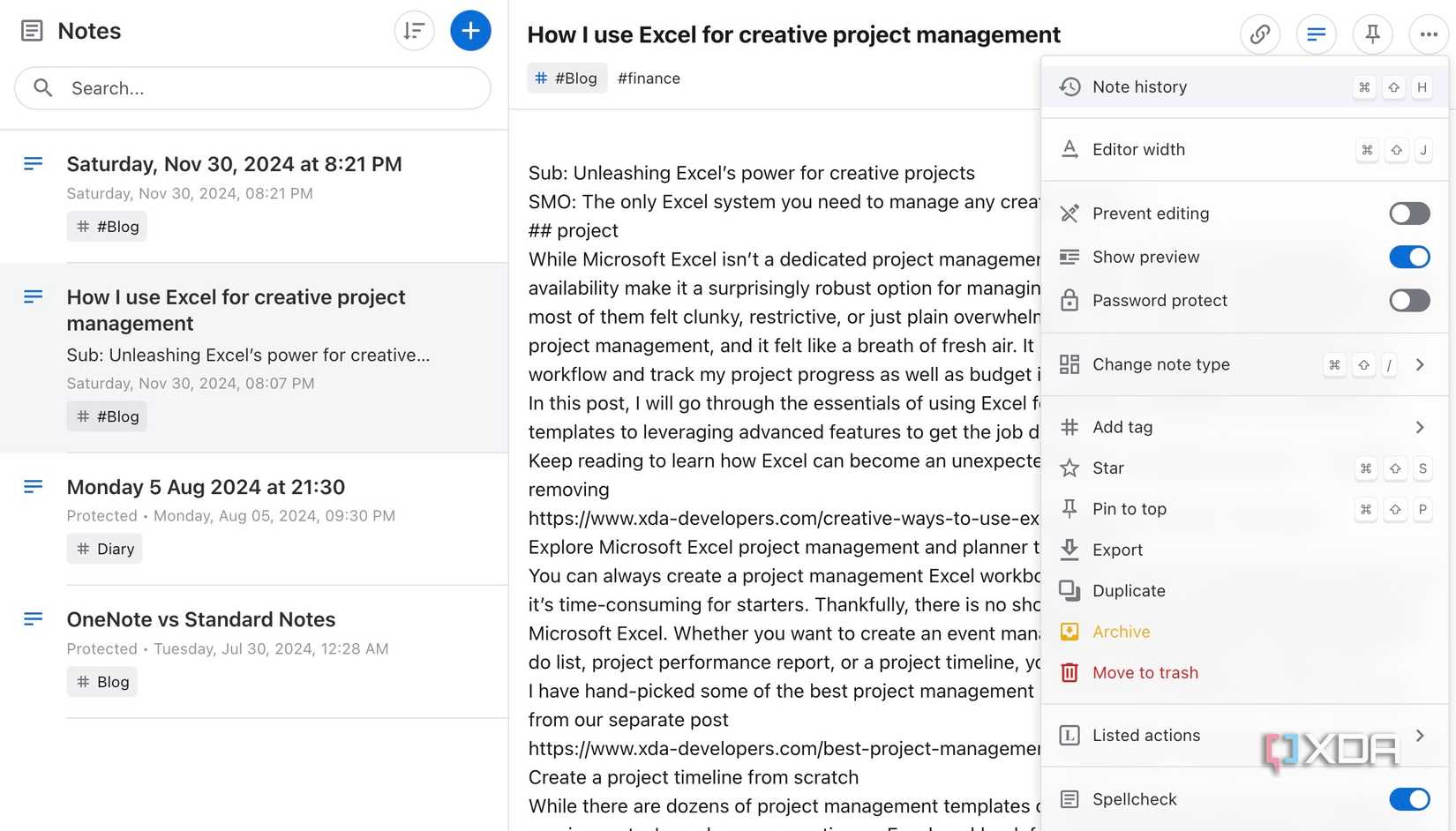
While my month with the Proton ecosystem was positive, there were several limitations. The most glaring gaps in the suite are the absence of a dedicated task management tool and a note-taking app.
For someone who relies on to-do lists and quick notes throughout the day, this was a hurdle I had to work around by using other apps. However, now that Proton has acquired Standard Notes, I remain hopeful. I’m optimistic it will integrate seamlessly into the ecosystem soon.
Another major issue was in real-time collaboration. While I can share files and calendars with other Proton users, working in sync with teammates who don’t have an active Proton account proved difficult.
One month, one ecosystem
My month-long experiment with Proton turned out to be an eye-opener. While it wasn’t a perfect one-to-one replacement for every specialized app I was used to, the trade-offs were well worth it. Having my emails, calendars, files, and passwords all protected under one encrypted roof gives me a much-needed peace of mind.
Of course, like any ecosystem, Proton’s offerings are far from perfect. So before you sign up for one of their paid plans, I highly recommend exploring the free trial first. Once you start using Proton apps, make sure to enable these Proton VPN features to shield your internet traffic.





